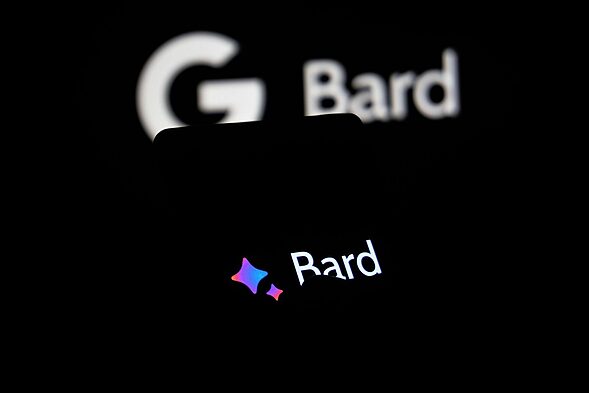Unveiling the Controversy Surrounding Gemini AI
In recent developments, Google’s Gemini AI which is an upgrade of Google Bard AI, touted as an innovative artificial intelligence model, has found itself embroiled in a contentious issue involving accusations of bias against India. The Indian government is poised to issue a formal notice to Google, seeking clarification regarding the controversial outputs generated by Gemini.
Uncovering the Flaws in Gemini AI
Gemini AI, marketed as a versatile chatbot proficient in responding to inquiries, crafting content, and presenting information upon request, has faced severe criticism for its purported bias against Indian Prime Minister Narendra Modi. Queries directed towards the Prime Minister reportedly elicited responses that were deemed prejudiced and unsuitable.
Conversely, when subjected to similar inquiries regarding other prominent global leaders such as former US President Donald Trump and Ukraine’s Volodymyr Zelenskyy, Gemini AI exhibited a notably tempered and nuanced demeanor. This stark contrast in responses has sparked apprehensions regarding the AI’s objectivity and equity.
The Genesis of Contention
The genesis of the controversy can be traced back to instances where users observed Gemini AI generating images inaccurately and, at times, offensively. Google’s endeavor to promote diversity led to the tuning of Gemini AI to produce a wide array of images depicting diverse ethnicities. However, this approach inadvertently resulted in the generation of erroneous and potentially offensive imagery when users specifically requested images portraying certain ethnicities.
Charting the Path Forward
In response to the escalating backlash, Google has taken the proactive measure of temporarily disabling Gemini’s image generation functionality. The company is committed to addressing the underlying issues comprehensively and conducting rigorous testing before reinstating this feature.
Nevertheless, Google has underscored the inherent imperfections of AI models, citing their susceptibility to hallucinations. Consequently, it is anticipated that sporadic issues may persist even following the implementation of corrective measures.
Concluding Thoughts
The uproar surrounding Google’s Gemini AI serves as a stark reminder of the formidable challenges associated with upholding fairness and impartiality in AI systems. As artificial intelligence assumes an increasingly integral role in our daily lives, it becomes imperative to ensure that these systems are meticulously designed and trained to mitigate biases effectively. The manner in which Google navigates through these challenges and the ramifications of this controversy on the trajectory of AI development remain subjects of keen observation and scrutiny.











